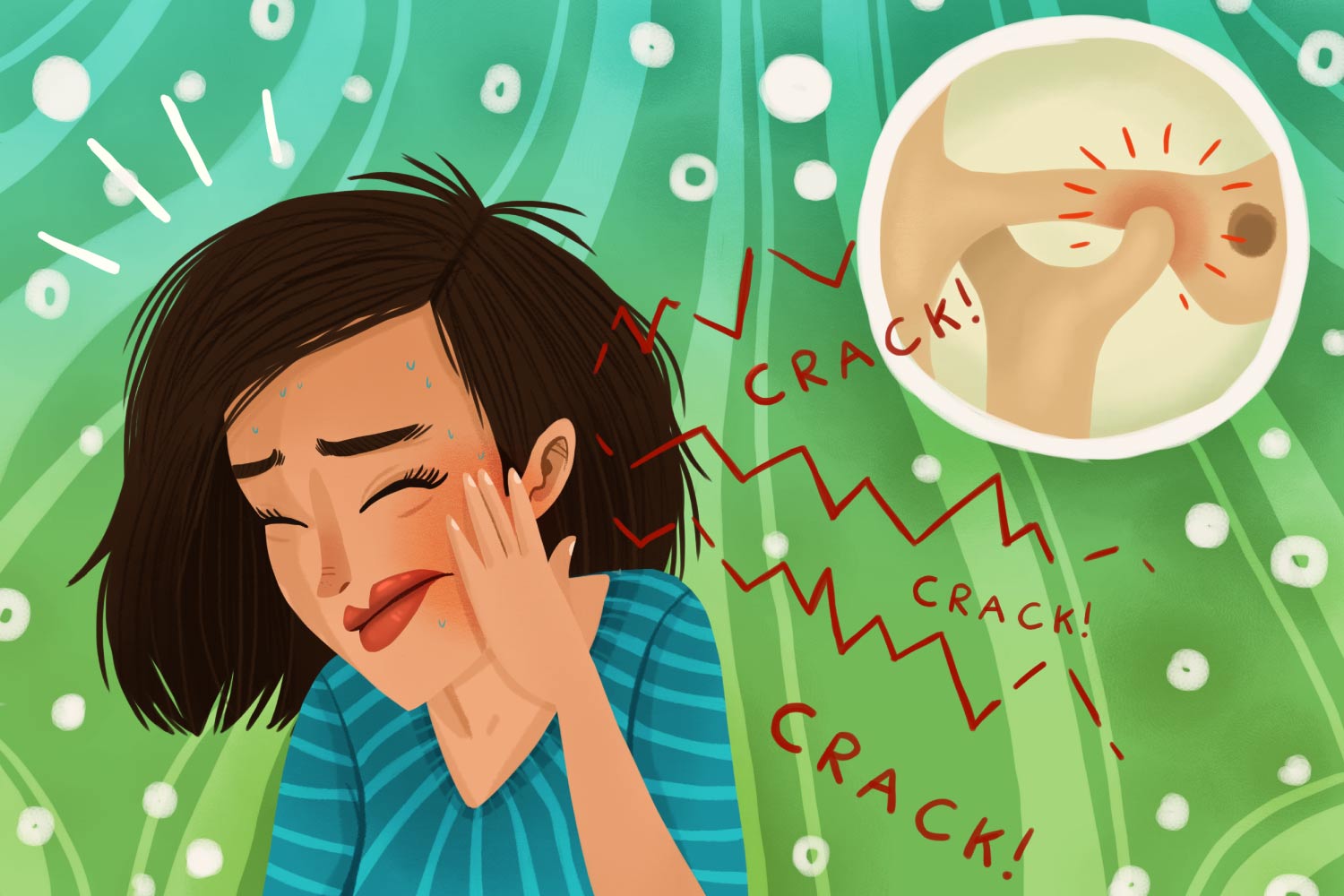
Common Signs of TMJ Dysfunction
June 20, 2021 12:25 amDysfunction of the TMJ, or temporomandibular joint, refers to improper functioning of the hinge joints that attach the top of the jaw to the skull and the associated muscles. This condition can be accompanied by pain, headaches, soreness, and limited jaw mobility.
Face, Jaw & Ear Pain
TMJ dysfunction can cause pain and discomfort in and around the jaw, including headaches, migraines, and ear pain. Since the temporomandibular joint is located just underneath the ear, this pain can be confused with ear infections or other issues.
Jaw Soreness & Stiffness
The jaw muscles, like most muscles in the body, can become sore if they are overused. Patients who have chronic TMJ problems may find themselves waking up with sore facial muscles on a regular basis. In serious cases, patients may have difficulty chewing foods or opening their mouth.
You may also notice the sound of your jaw clicking or popping or a cracking sound when you open your mouth. While this is not a great cause for concern on its own, jaw popping that is accompanied by pain should be evaluated by a dental professional.
Treatment for TMJ Issues
If you experience pain, soreness, and stiffness in your jaw, these mitigating measures may prevent the need for extensive restorative dental work and surgery:
Riverstone Dental Care offers custom nightguards to help treat TMJ dysfunction and protect your teeth from bruxism. Contact us today to schedule a consultation so our team can create a personalized treatment plan!
Picture by Authority Dental under CC 2.0
Categorised in: Oral Health